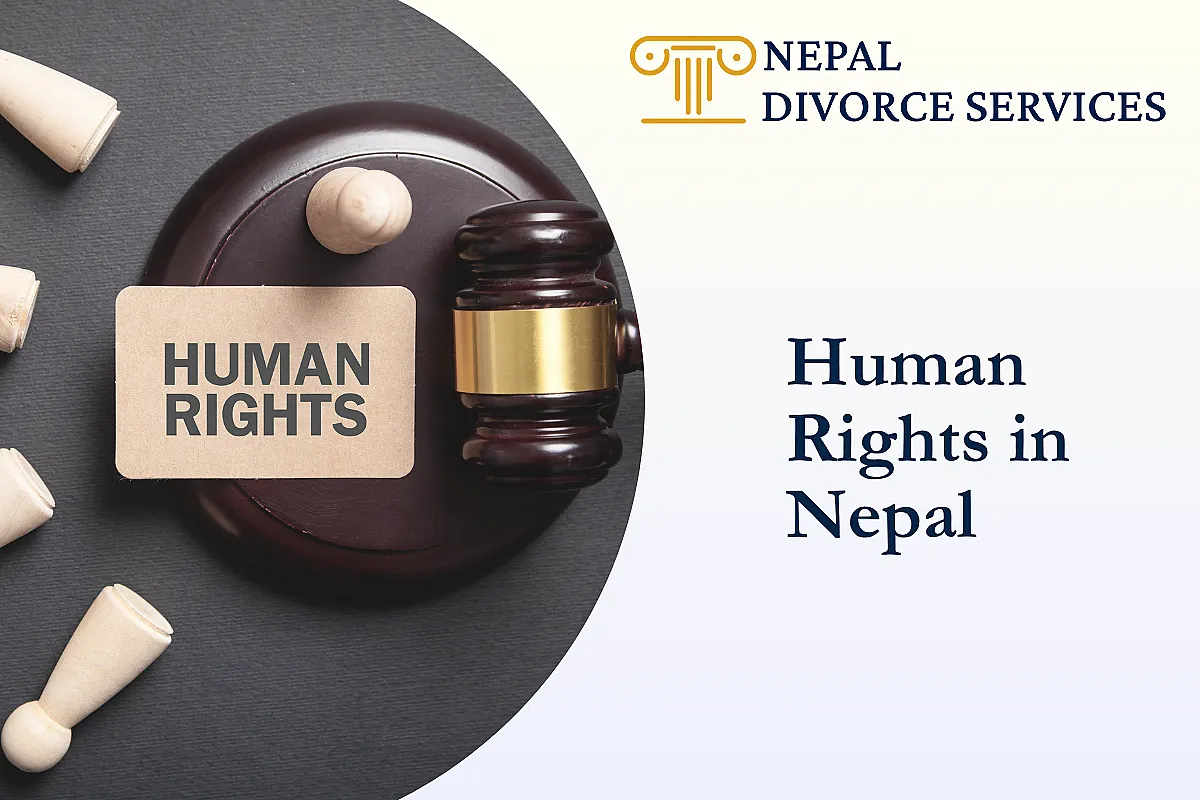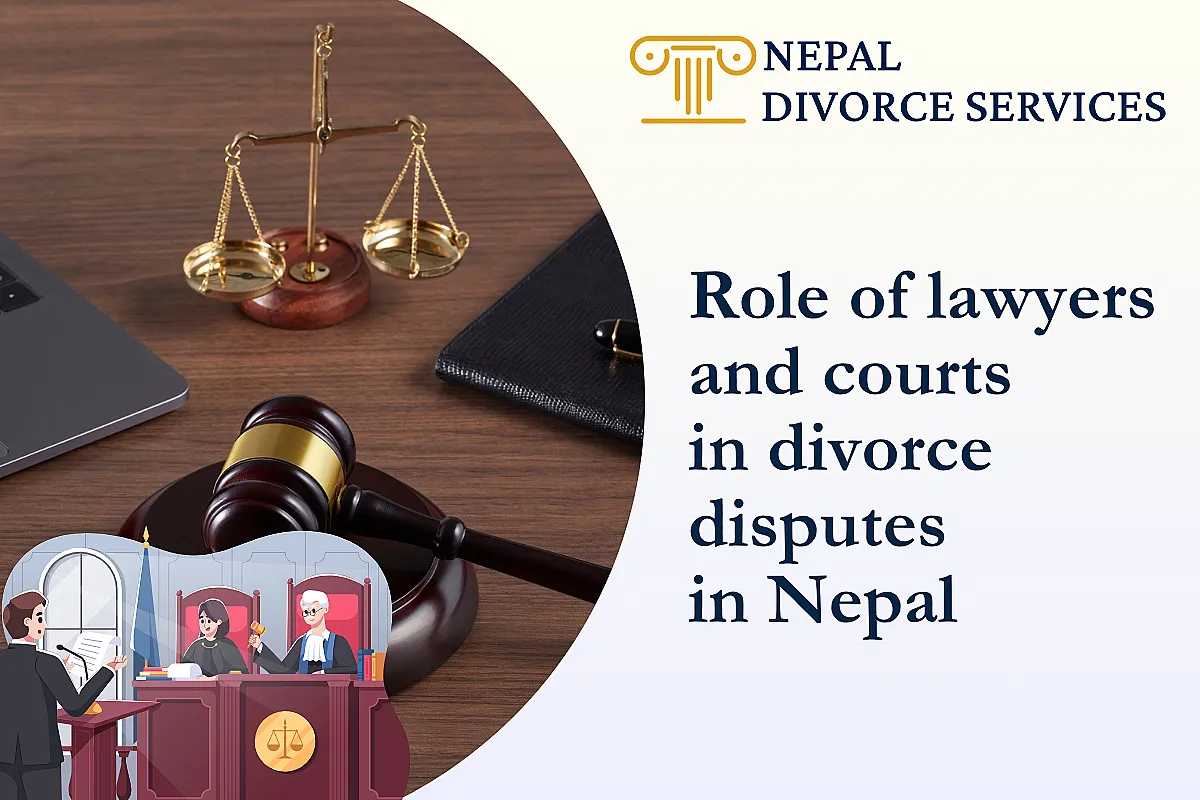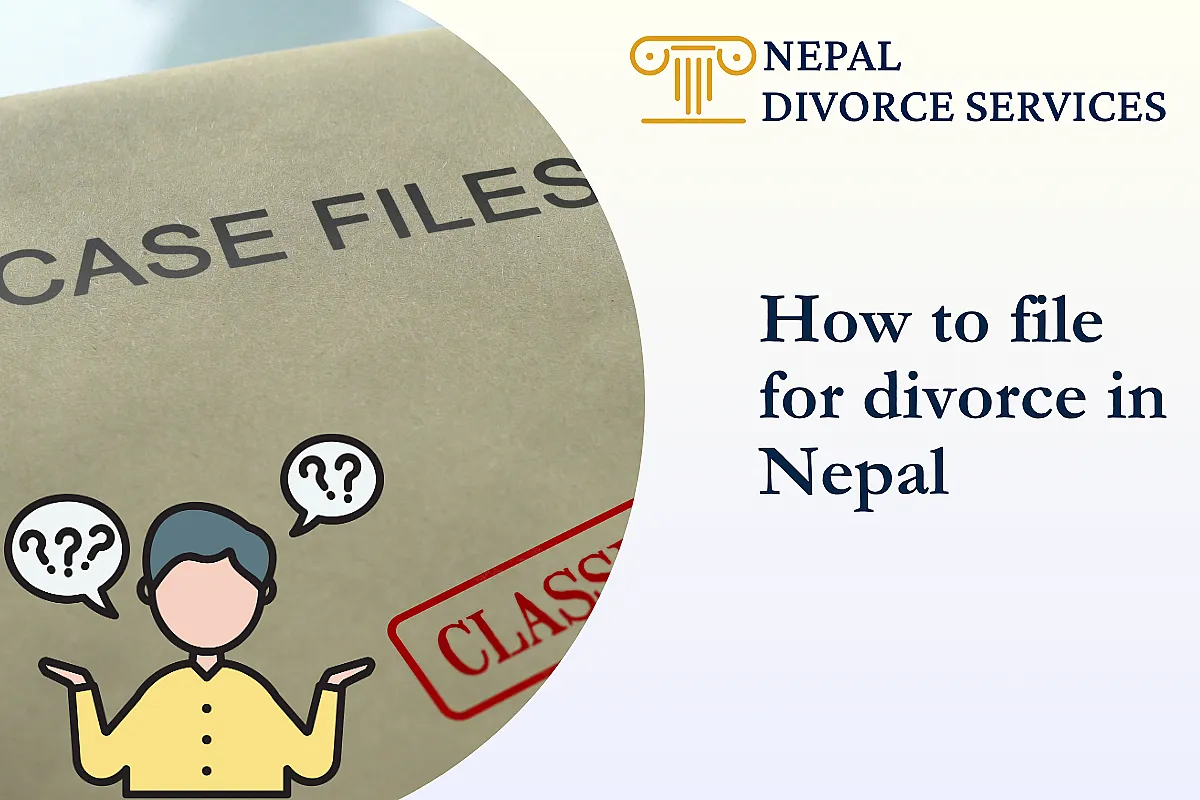Tag : Legal Aid Lawyer
Human Rights in Nepal
Human Rights in Nepal are the rights and freedoms that are guaranteed to all Nepalese people by the constitution, laws and international treaties. Human rights include civil and political rights, such as freedom of expression, assembly, association, religion and fair trial, as well as economic, social and cultural rights, such as right to education, health, work, food and social security. Human rights also include the right to live with dignity, equality and non-discrimination. Human rights are essential for democracy, development and peace in Nepal. However, human rights in Nepal face many challenges and violations, especially in the context of the decade-long armed conflict between the government and the Maoist rebels from 1996 to 2006, which resulted in thousands of deaths, disappearances, displacements and abuses by both sides. The conflict also affected the human rights situation in terms of poverty, health, education, gender equality and social inclusion. Despite the signing of the Comprehensive Peace Agreement in 2006 and the promulgation of the new constitution in 2015, human rights issues remain unresolved and unaddressed in Nepal.
Best Divorce Lawyer in Nepal
Divorce is a difficult and stressful process that can affect not only the spouses but also their children, families, and friends. Divorce can also have legal, financial, and emotional consequences that can last for a long time. Therefore, it is important to have the best divorce lawyer in Nepal to guide you through the divorce process and protect your rights and interests.
The role of lawyers and courts in divorce disputes in Nepal
Divorce is the legal dissolution of marriage between a husband and a wife. Divorce can be a complex and contentious process that involves various legal issues such as grounds for divorce, alimony, child custody, child support, property division, and debt allocation. Therefore, the role of lawyers and courts in divorce disputes in Nepal is crucial to ensure that the rights and interests of both parties are protected and that the divorce is fair and reasonable.
How to file for divorce in Nepal: A step-by-step guide
Divorce is the legal termination of marriage between a husband and a wife. Divorce can have various legal, social, and emotional implications for both parties. In Nepal, divorce is regulated by the Civil Code 2074 (2017), which provides two ways to obtain a divorce: by mutual consent or by filing a case in the district court.
New Divorce Process in Nepal (2026) – Easy Guide to all the Latest Provisions
Divorce is the legal termination of a marriage between two spouses. It can be a difficult and stressful process, especially when there are disputes over property, custody, alimony, or other issues. However, the divorce process in Nepal has been simplified and updated by the new Civil Code 2074 (2017), which came into effect from 1st Shrawan 2075 (17th July 2018). This article will provide you with an easy guide to all the latest provisions of the divorce process in Nepal.
Litigation in Nepal: Writ Jurisdiction
This article delves into the writ jurisdiction in Nepal, highlighting its role in protecting individual rights. It covers the five types of writs available—Habeas Corpus, Mandamus, Certiorari, Prohibition, and Quo-warranto—along with the conditions under which they can be issued. Additionally, it provides insights on how individuals can file writ petitions, including on behalf of others, and discusses the importance of these legal instruments in ensuring justice and accountability in governance.





-–-Easy-Guide-to-all-the-Latest-Provisions-medium.webp)
